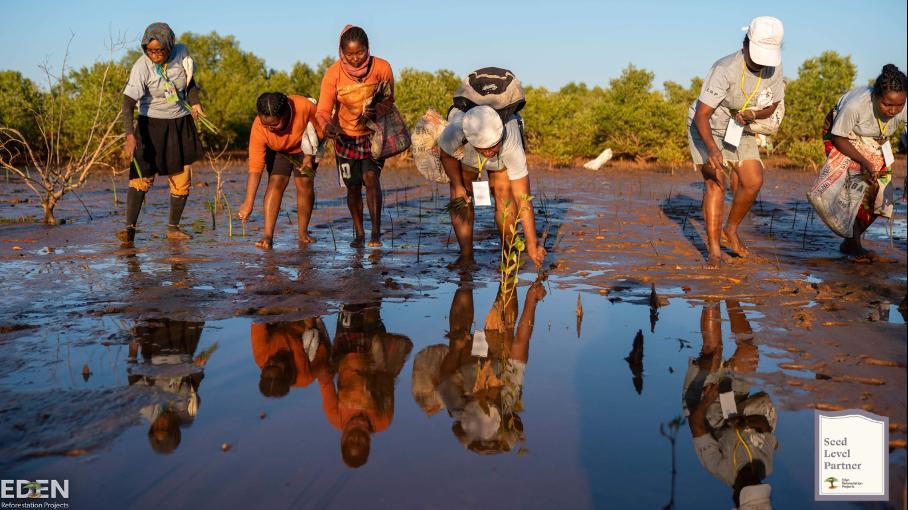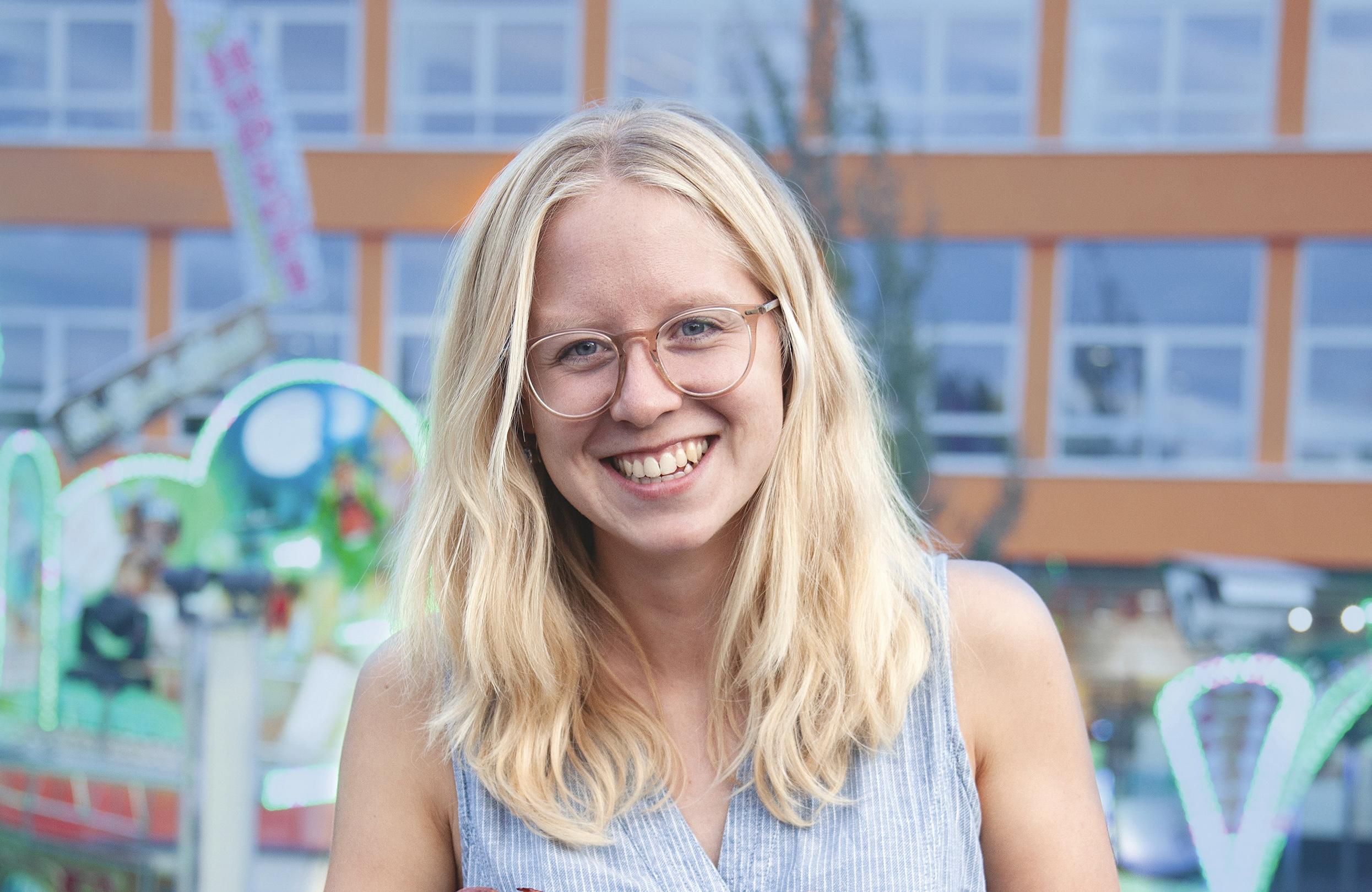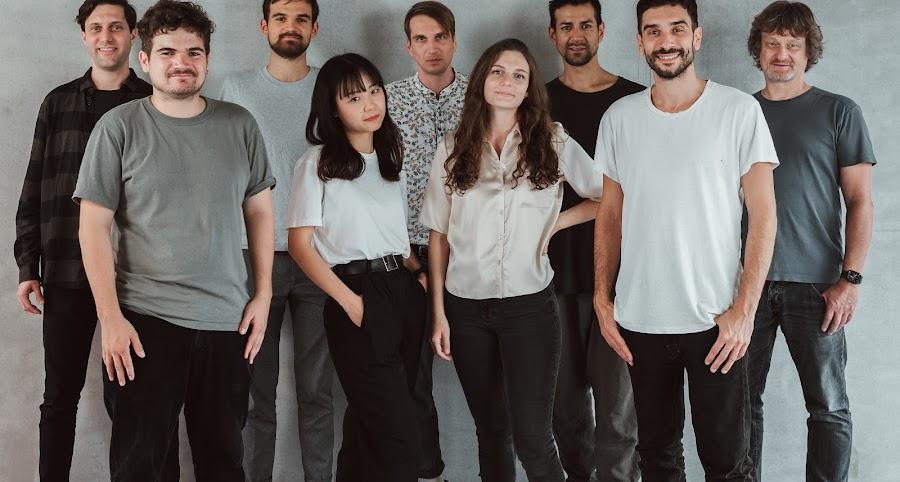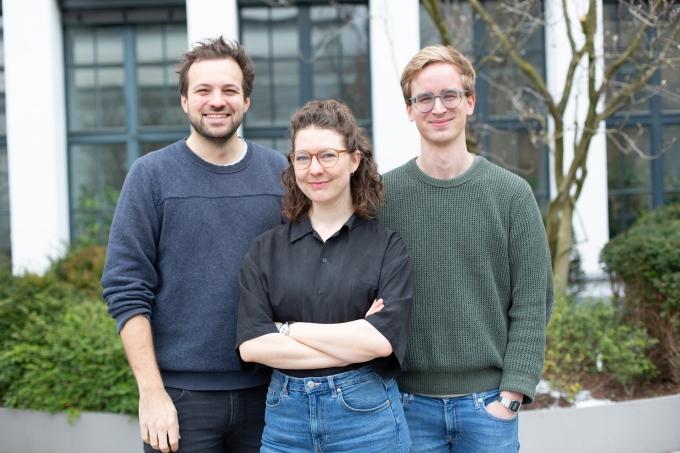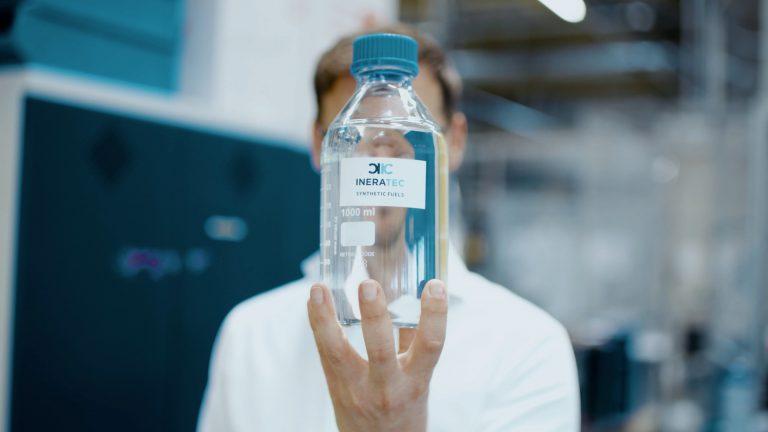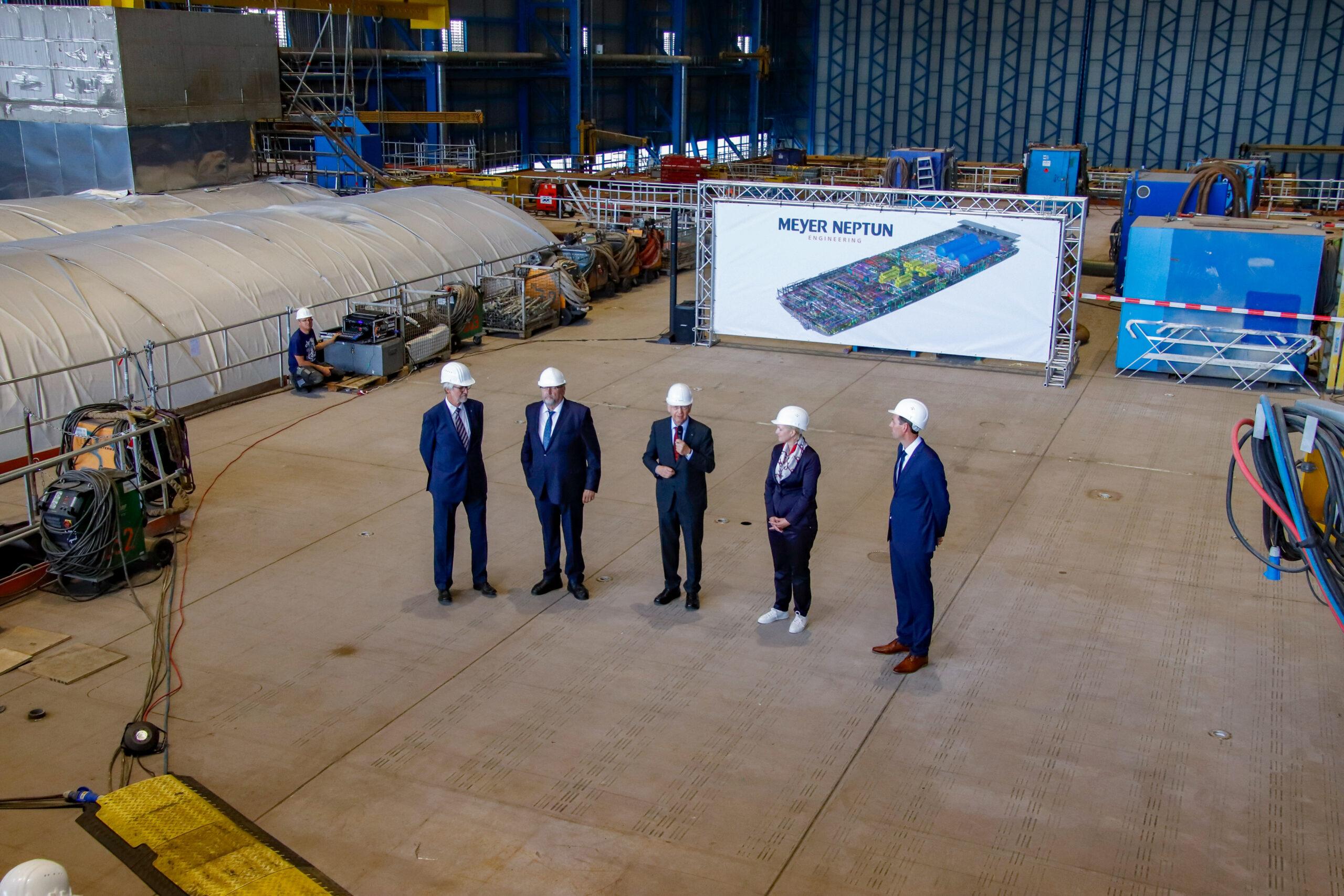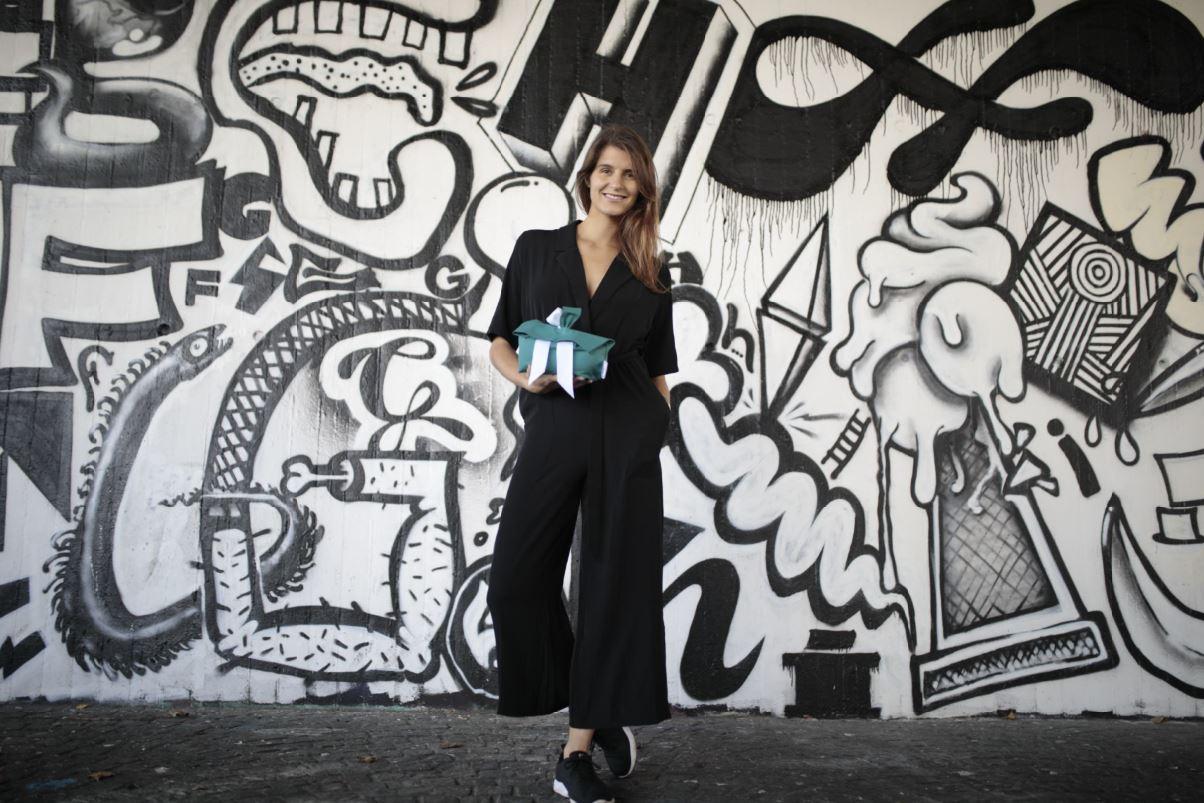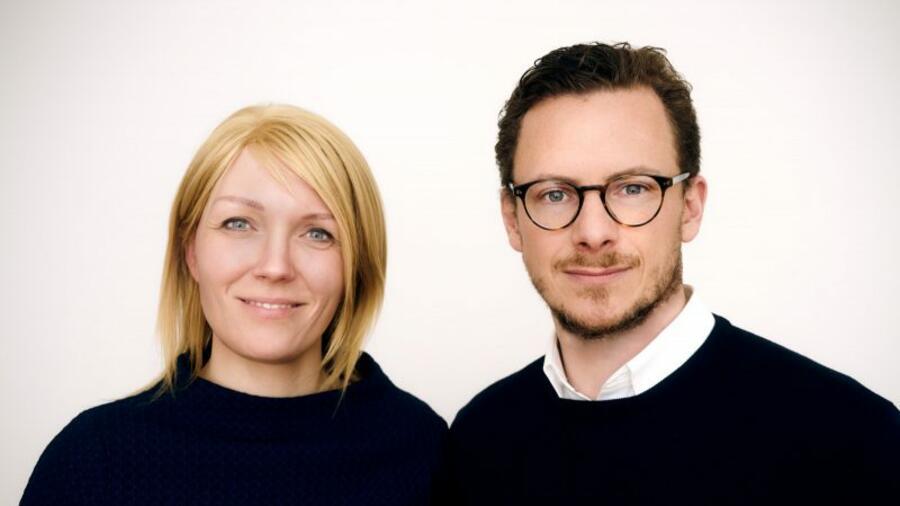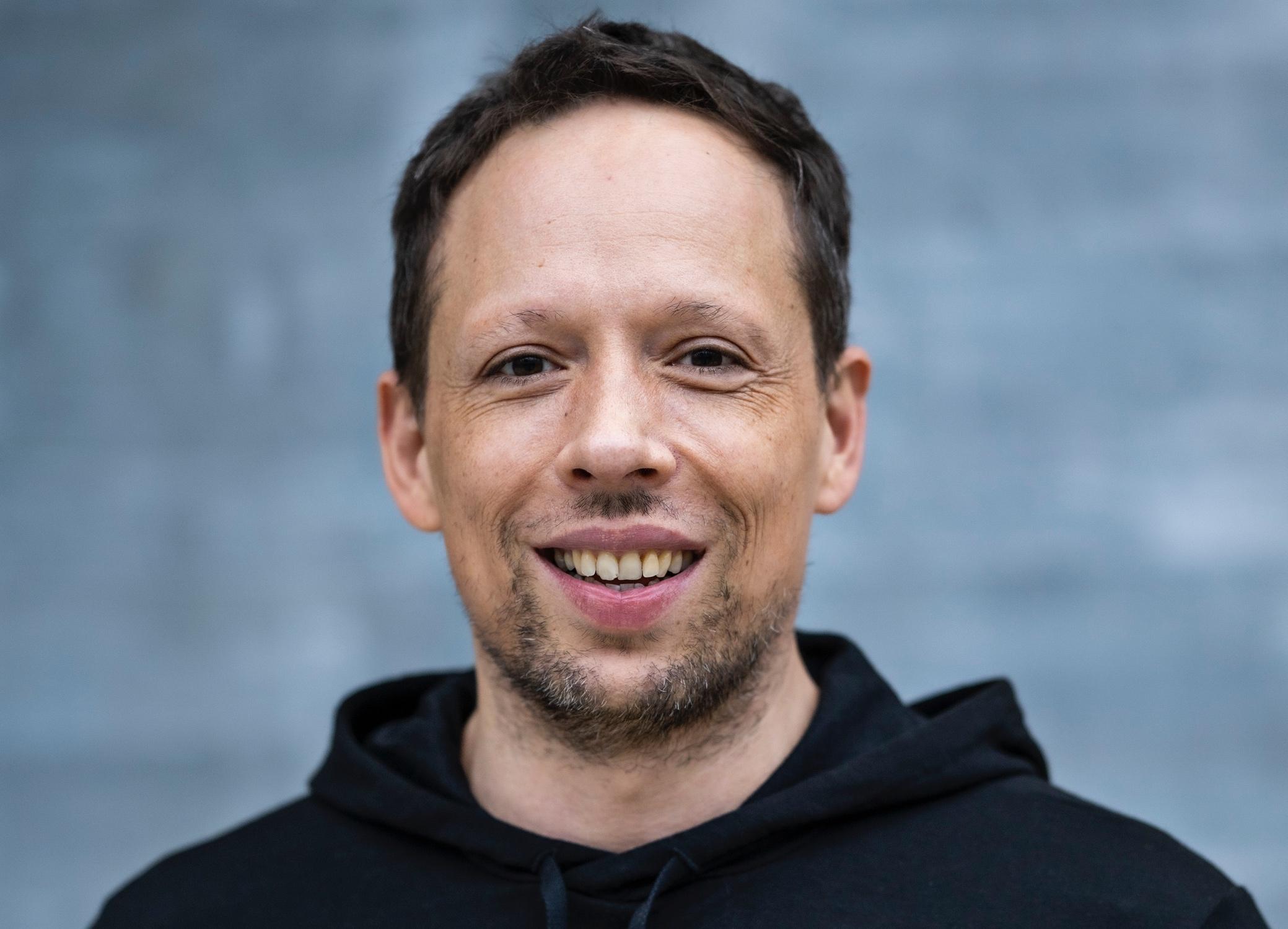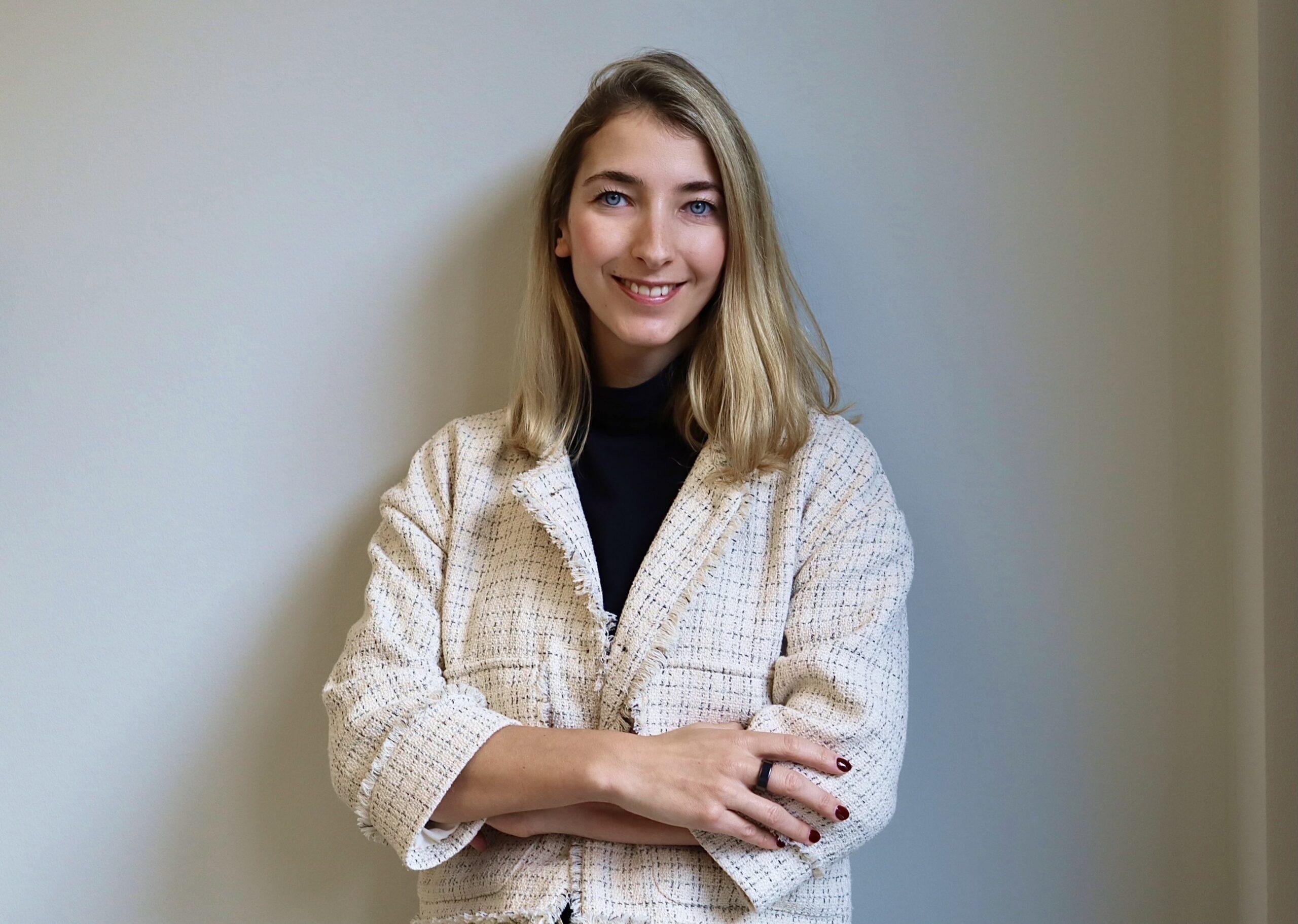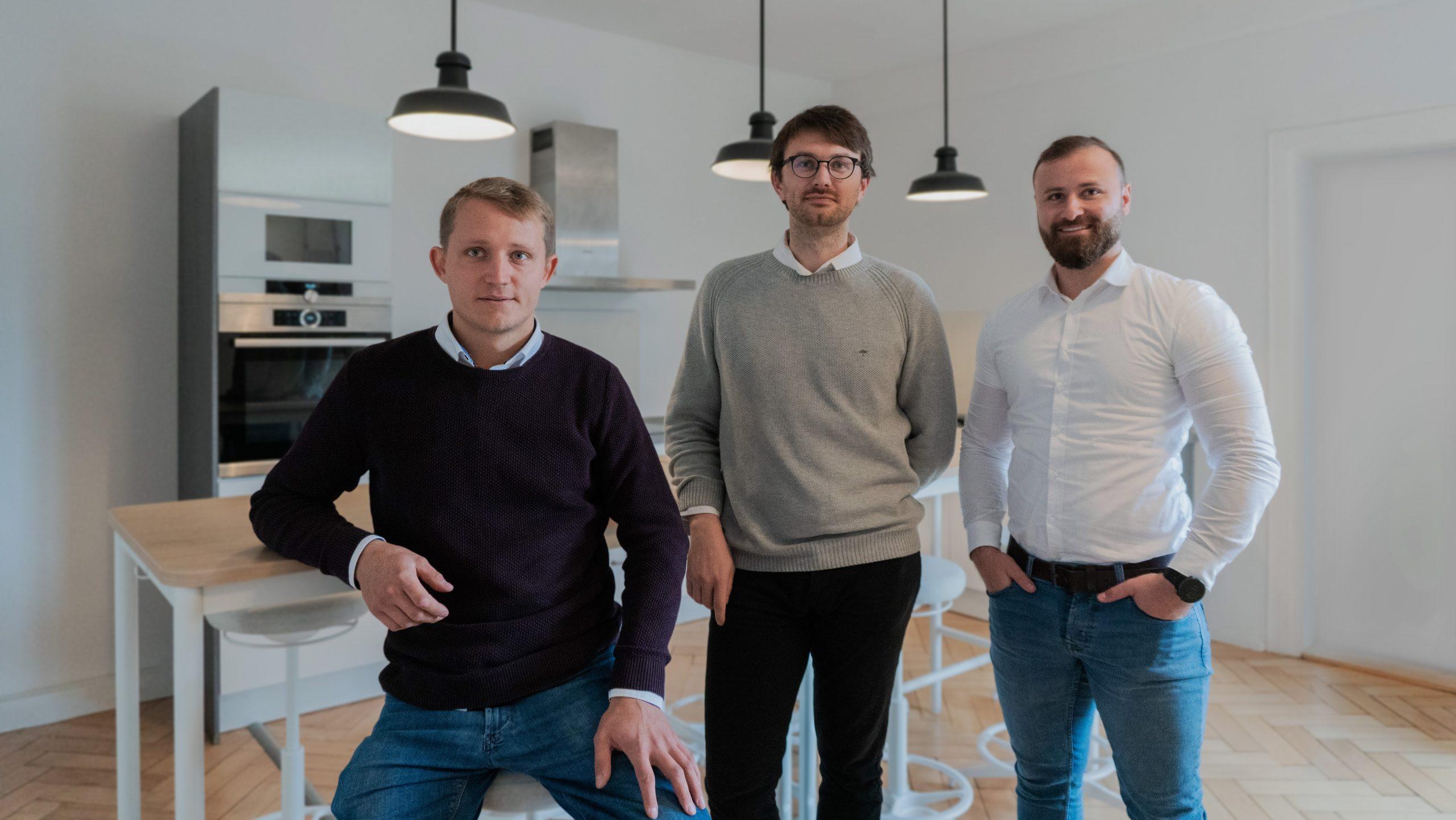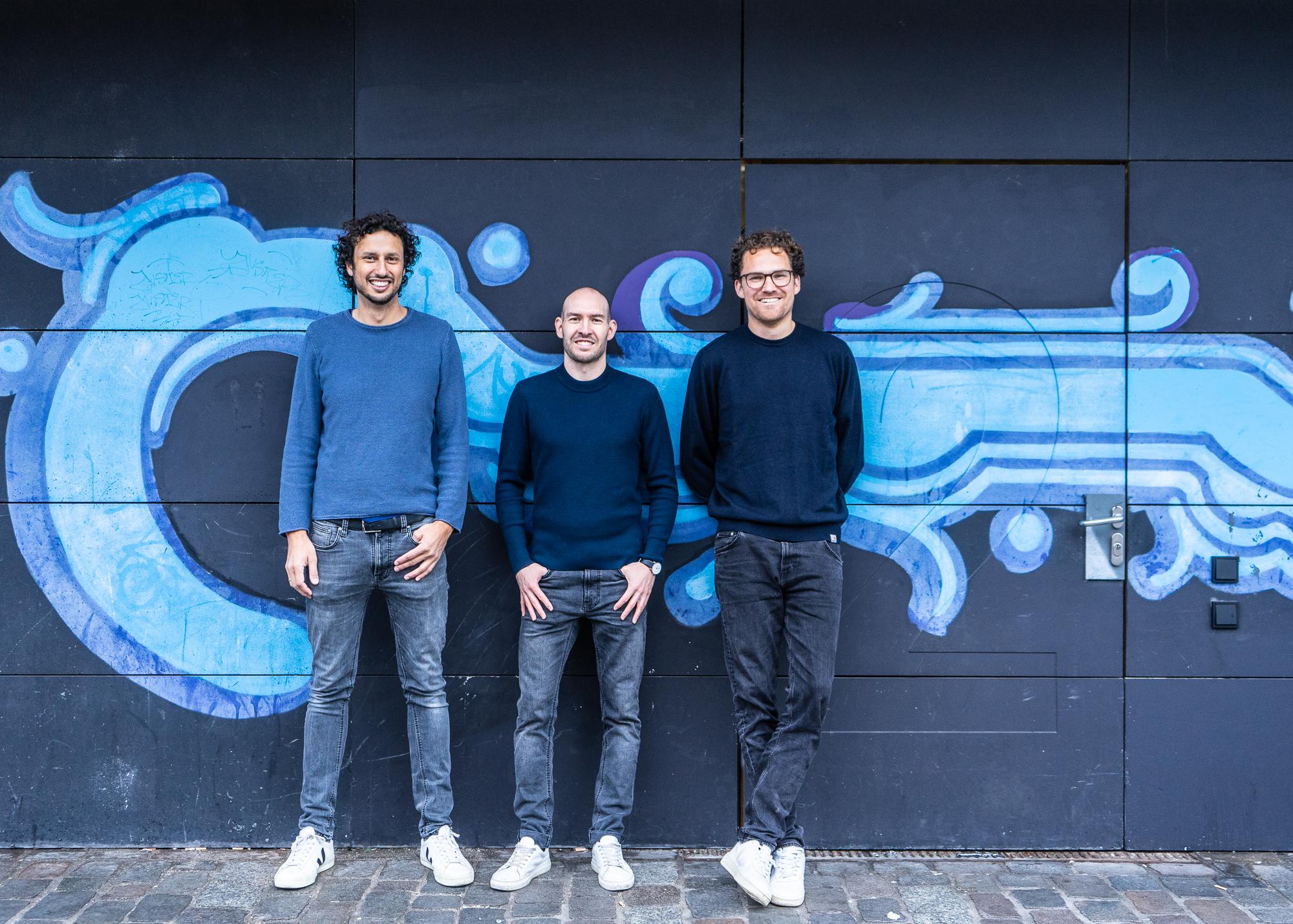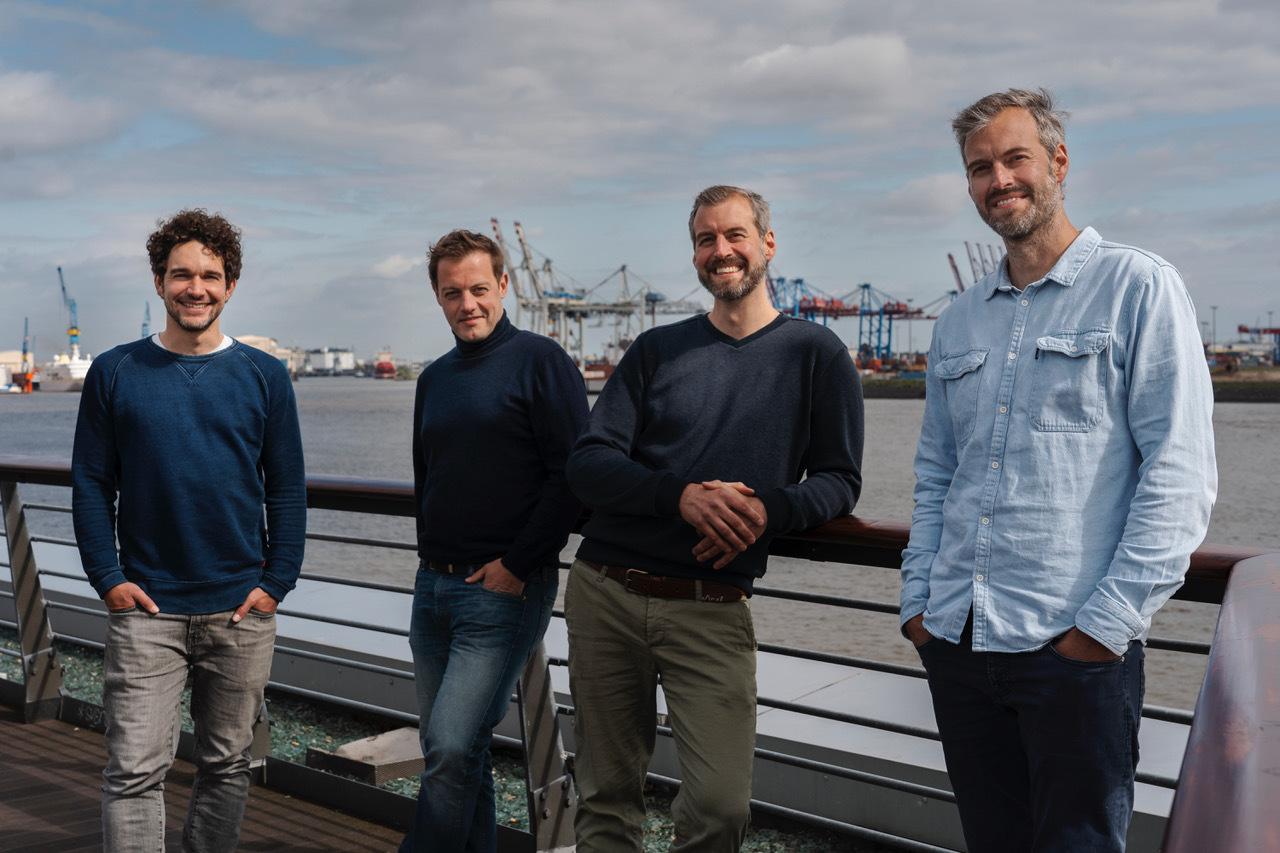"The gross misleading of customers must stop".
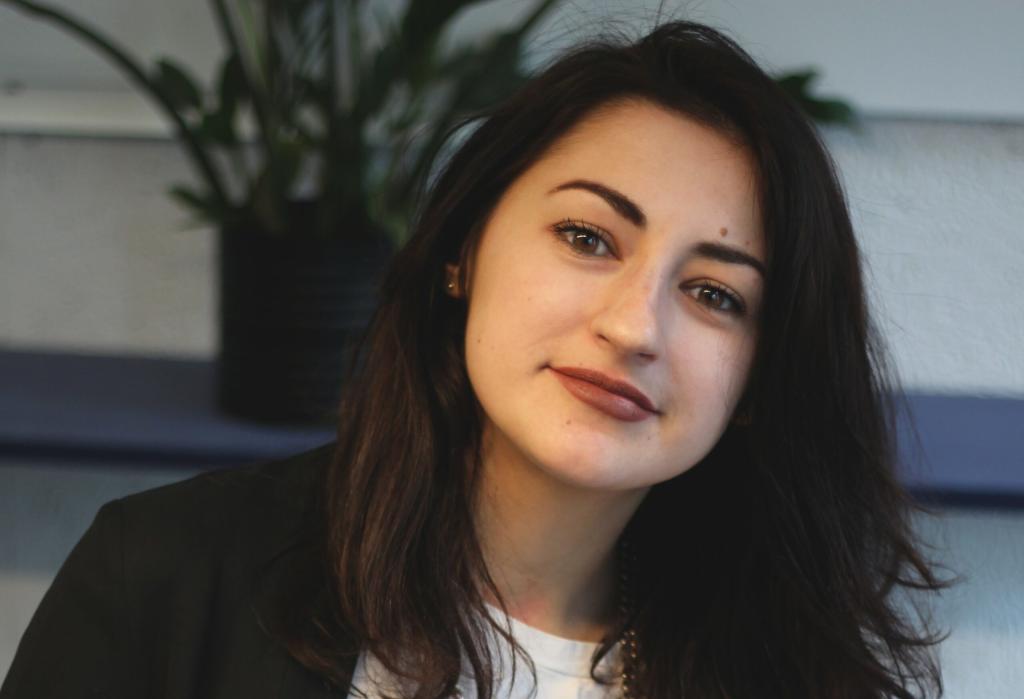
Politicians, customers, investors and employees - they all demand sustainability from companies. Founder Lubomila Jordanova explains in an interview that the efforts of many companies do not go far enough.
Lubomila Jordanova co-founded the SaaS start-up Plan A in 2017. It offers software that allows companies to calculate and reduce their own CO2 emissions. Now Jordanova is launching a "Make 2021 count" campaign with her startup to push for tougher targets against greenwashing. Is this a PR stunt the start-up is using to promote its software? Or is there more to it than that? We asked.
Ms. Jordanova, your campaign is pushing for legal requirements to make greenwashing more difficult for companies. Hasn't the EU beaten you to it with the current taxonomy regulation?
This taxonomy is an important step, but in our view it does not solve the problem of companies being allowed to call themselves carbon neutral even if they are not. Moreover, so far only financial institutions and large public interest companies are required to report, which prevents too many companies from transparently accounting for their actual carbon footprint. A precursor to greenwashing, which we want to put a stop to with our campaign.
But CO2 neutrality in particular can be proven very clearly, using simple mathematics. Where do companies cheat?
They very often don't take into account the emissions that occur in their supply chains because those can't be directly attributed to their own company. Then their own business may be climate friendly. But no one is helped if all emissions are simply outsourced.
How do you want to prevent that?
The European Union needs to create a clear definition of greenwashing. This may mean, for example, that companies that have very dirty supply chains but act as pioneers are no longer allowed to advertise their own carbon neutrality. Because that's the biggest danger that comes from greenwashing: companies taking the positive PR without actually doing enough.
It would then become impossible for many industries to advertise their own sustainability, such as energy producers or the fashion industry. Aren't you afraid that this would end their efforts in this area?
I'm not assuming that's the case. Nor is it a matter of pillorying entire industries. No one can realistically expect industries with historically high CO2 emissions to produce a perfect climate record overnight. But they must develop in the right direction, and they are perfectly entitled to advertise this. Just the gross misleading of customers, that has to stop.
Your start-up Plan A offers a software product that calculates CO2 emissions including the supply chain. The product could of course get a boost if the campaign is successful, so they benefit.
We're not alone behind the campaign, after all. Among other things, we launched it in collaboration with the Greentech Alliance, which includes more than 600 companies working to make the economy more sustainable. The campaign is by no means just a promotion for our product.
Still, the question is how effective their software would actually be in preventing greenwashing. Can't I, as a company, simply enter incorrect data and then get a better CO2 balance?
Of course, even we can't completely prevent brazen fraud. But we do make an effort to build in safeguards. Example: If the submitted electricity bill of their office is very low in relation to the office space, then the system sounds an alarm and flags this irregularity. Also, we definitely pay attention to who buys our software. We need to feel that our customers mean business. But we don't exclude any industry or company per se. Our ultimate goal is to effectively address climate change. And on that mission, we welcome any company that is sincerely willing to sustainably reduce its carbon footprint and do its part for the good of the planet.
Thank you very much for the interview.
Personal details: Lubomila Jordanova founded the start-up Plan A in Berlin in 2017 together with Nathan Bonnisseau. She studied at Aston University, ESADE Business School and the London School of Economics, among others. She is also co-founder of company builder Satgana and the Greentech Alliance, which gathers startups with sustainable technology solutions. The US business magazine Forbes included her in its prestigious "30 under 30" list in 2020.
FYI: English edition available
Hello my friend, have you been stranded on the German edition of Startbase? At least your browser tells us, that you do not speak German - so maybe you would like to switch to the English edition instead?
FYI: Deutsche Edition verfügbar
Hallo mein Freund, du befindest dich auf der Englischen Edition der Startbase und laut deinem Browser sprichst du eigentlich auch Deutsch. Magst du die Sprache wechseln?


